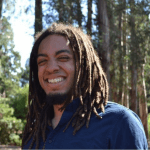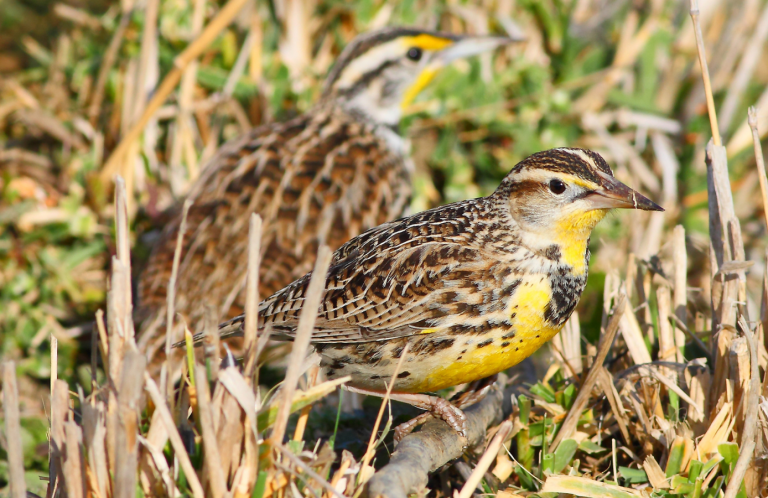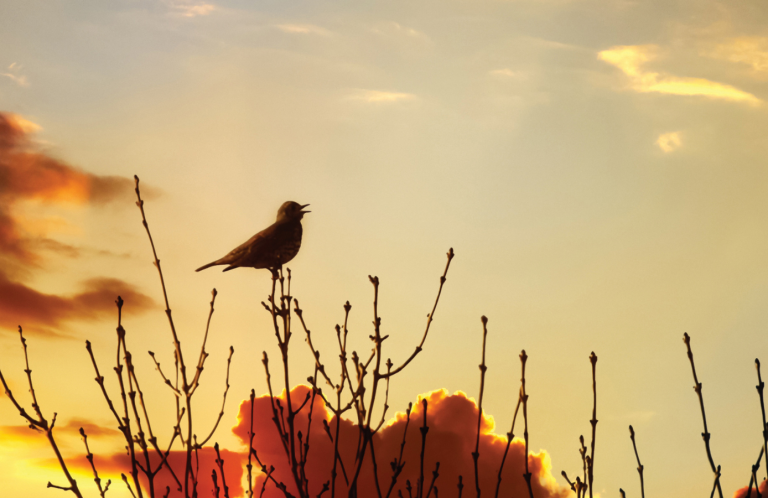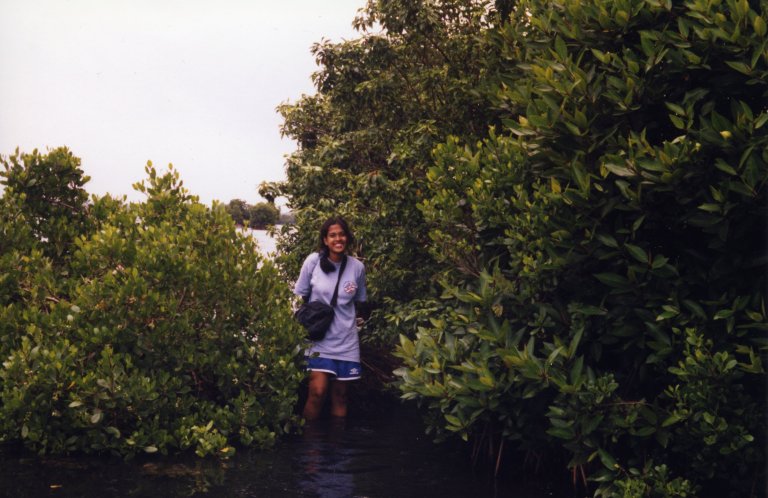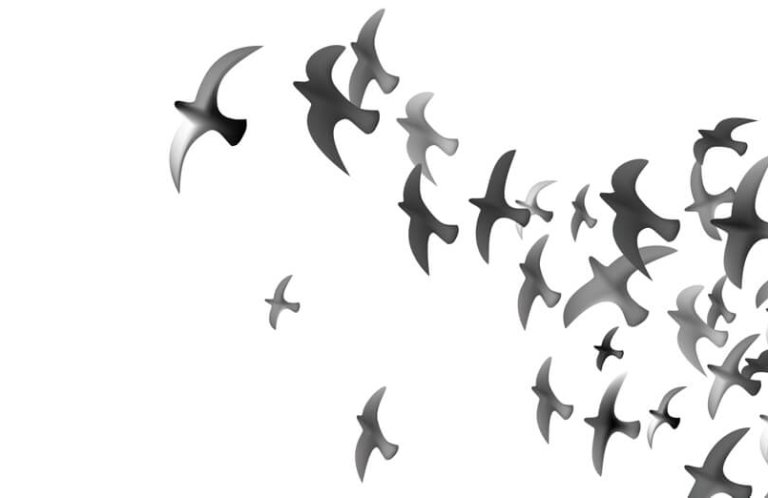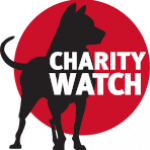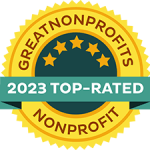Discovering My Duty
Healing cannot occur without confluence – without a coming together of things.
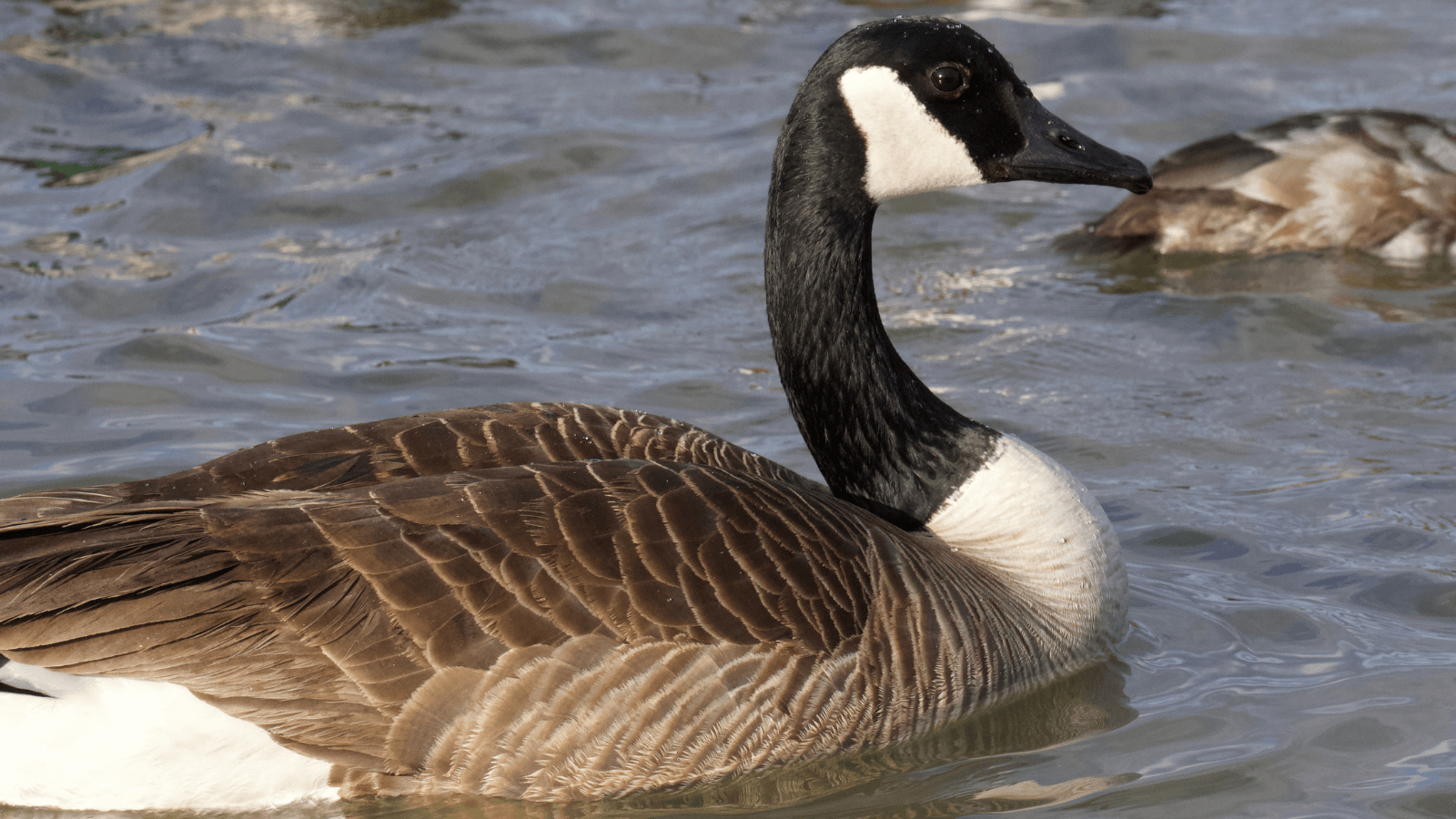
I remember hearing the Sunday Mass bells ringing softly below the sounds of the belting geese. My family at once looked up half-expecting the pastor to announce, “You may be seated.” But there was no pastor. We were in the middle of Piedmont Park in Atlanta, Georgia, not in the pew. I returned my attention to the geese. Their pale white down juxtaposed the deep green algal scum that floated on the pond waters. And the plastic bottles drifting beside them, weathered and decaying. Large globules of rain in an instant were pelting those bottles. I froze. My skin crawled. The sound of the downpour was like static, and suddenly, the memory over, I found myself back in the car listening to the radio program about acid rain and air pollution ripping open the ozone. Images of Earth in my childhood were often these scenes of still beauty fouled by climate change and global warming caused by people.
My family did not go to church much when I was a child. We were not convinced that faith in God was all that we needed. We listened to scientists talk about climate change. They spoke much about the problem, and with little optimism. I lived in fear of the ice caps melting. I mourned the species I would never get to see. In fact, I did not see many species in the spaces around me. All I knew were the pests — roaches, wasps, ants, rats, squirrels, and strays — with little express value. My education left out lessons on ecology. Instead, science books were filled with fast facts on friction, Ben Franklin, and rocks. In mostly Black classrooms we learned about Montgomery and Rosa Parks, Southampton County and Nat Turner, and, of course, Memphis and Martin Luther King. I, however, had no clue about Elba, Alabama and Robert Bullard.
But then, I went to Jackson State University, a Historically Black University in Jackson, Mississippi. I went with many questions: What does eliminating plastic look like? What does environmental justice look like? What does a world after the climate crisis look like? And still more private questions nagged: How did we as creatures of the Earth and children of God let environmental conditions get to this point? Weak as I felt underneath the questions, above all others, one question rang out like those Sunday church bells: What can I do to help? And that question stuck with me because it was so much bigger than the others. Because it was so much bigger than others it felt impossible. What does it mean to help? Where was help most needed? What is the nature of the problem?
When I first started at Jackson State, I fancied myself a writer, but, between those huge questions, I never felt there was room to write. So, I reshaped those questions (How does coastal development affect aquatic invertebrates?), and reshaped (How does atrazine affect frogs?), and reshaped (How do large mammals affect the carbon cycle in savannas?) to make room. Still, some questions lingered (What would the preacher think of the geese in the pond?). But I made room to write, and I want to make more room to write more.
I want to write, “The Eastern Meadowlark flies high in the morning over a thick fog in search of food.” Except, it's 9 am and warming fast. Except, it's mid-summer and there's been a drought. Except, there's no food to find — all the insects are conspicuously absent. Except, that fog isn't a fog at all: It's a toxic pesticide recently sprayed over crops across a farm in central New Jersey. Beneath the mist, migrant farmworkers tend to the fields to earn pennies they hope will feed their families; their families that are beneath the mist; their families that must grow underneath this mist. So, I applied for the Conservation and Justice Fellowship at ABC. I applied because I want to help others heal through my writing. I aim to write a story that reflects the role of humankind in caring for our common home in a way that integrates seemingly disparate religious and scientific inquiry in service of stewardship. During this fellowship I aim to write about the path of change toward a future that I envision only exists when there is unity where there was once separation. Within my writing, I aim to contribute to work on cultivating wholeness for students like myself and the communities beneath that fog who feed us all.





































